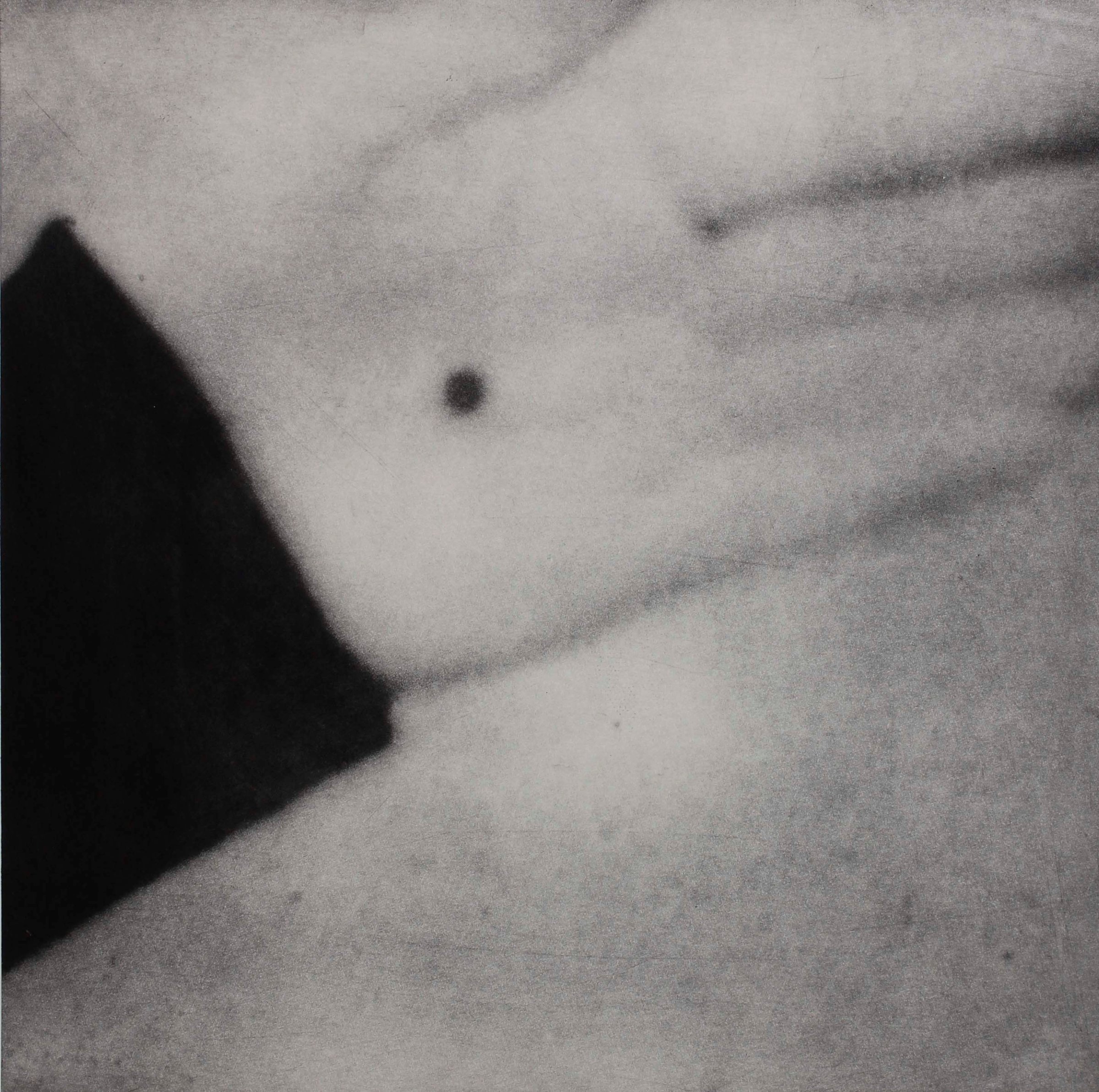
Photographer Chen Xiaoyi was named the recipient of this year’s edition of Three Shadows Photography Award, China’s most prestigious photography contest.
Chen earned the prestigious prize with her project, Koan, a series of black and white photographs produced using a photogravure technique. “I didn’t expect to win the award at all,” Chen tells TIME. “I’m very grateful for the recognition, but it also comes with a lot of pressure.”
Born and raised in China’s Sichuan province, the 23-year-old photographer received her bachelor’s degree in photojournalism from Leeds Beckett University in the U.K. but has transited to fine art photography during her graduate studies at the London College of Communication. Her work, influenced by ancient Eastern philosophies, “is not to be explained and conceptualized but to be experienced directly by the viewers,” she says.
“Many Chinese photographers’ work focuses on the society in transformation, and [is photographed] in a very realistic approach, but her work is self-expressive,” says Rongrong, founder and director of the Three Shadows Photography Art Center, who judged the award. “She’s very adventurous, so we think she has a lot of potentials.”
This year’s jury also included Bohnchang Koo, a photographer and curator from South Korea, Taka Kawachi, director of the Japanese photo publishing company, Amanasalto, and Tsai Meng, curator of CAFA Art Museum in China.
Chen plans to spend the reward of 80,000 RMB ($13,000) on developing new projects. Photographer Cheng Xinhao, from Yunnan province, also received the Shiseido Photography Prize with a reward of 20,000 RMB ($3,250) for his project, The Naming of a River, which explores how urban development has altered his city’s waterways.
In 2007, Rongrong opened the Thee Shadows Photography Art Center with his wife, Japanese photographer Inri. The space, designed by the renowned architect and artist Ai Weiwei, is the first and only private-run art organization dedicated to promoting contemporary photography in the country.
An internationally recognized artist, Rongrong says he was frustrated by China’s lack of institutions that support contemporary photographers, which eventually inspired him to found the center. “Chinese photographers didn’t have a home,” he tells TIME. “We couldn’t share the work we created in this country with the public.”
Now in its eighth year, he hopes that the center will continue to serve as an independent mechanism that, through hosting exhibitions and educational programs for artists, will form a dialogue between China and the international photography world.
Chen Xiaoyi is a Chinese photographer whose work has been featured in numerous exhibitions in China and the U.K.
Ye Ming is a contributor to TIME LightBox. Follow her on Twitter and Instagram.
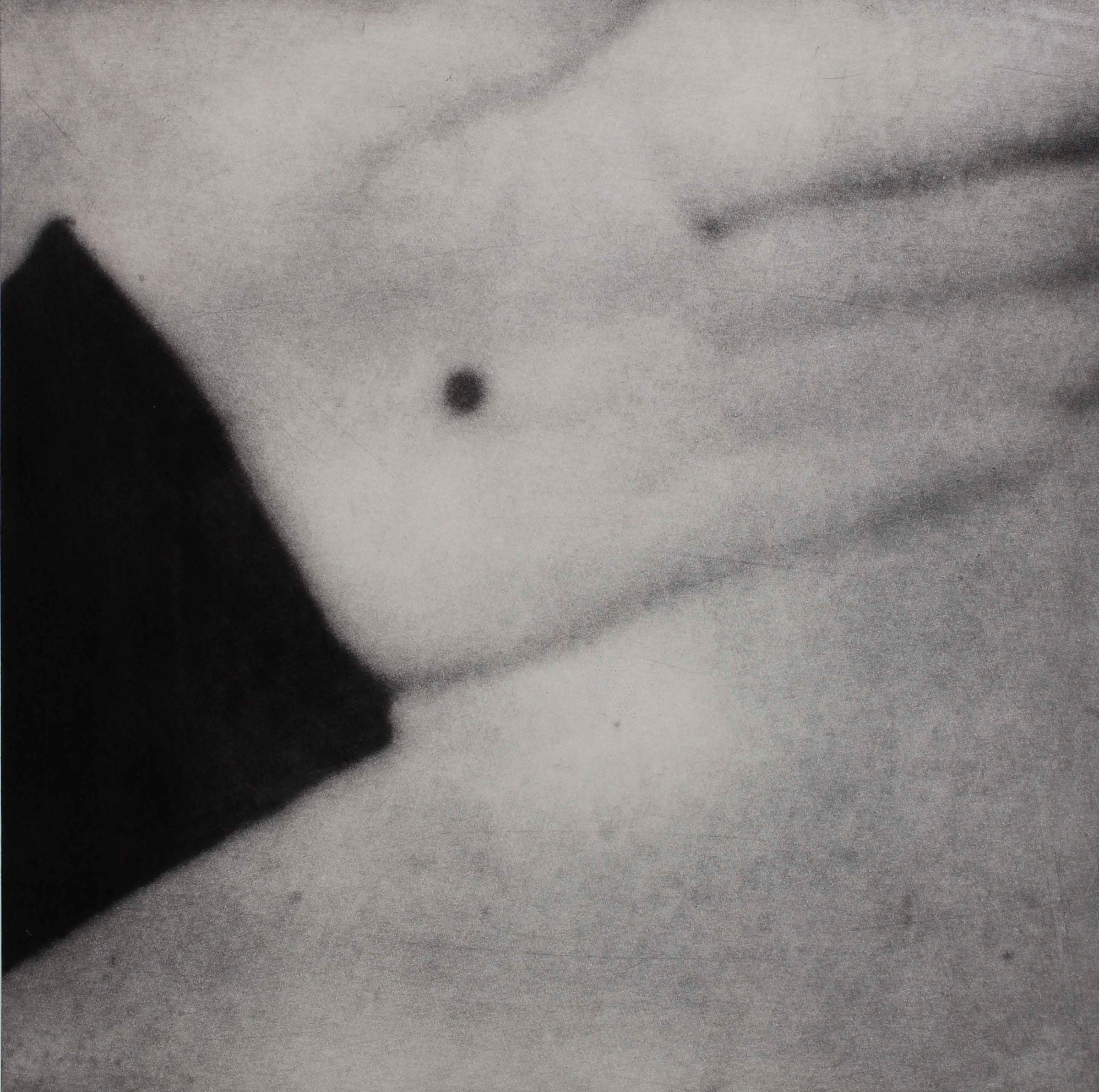


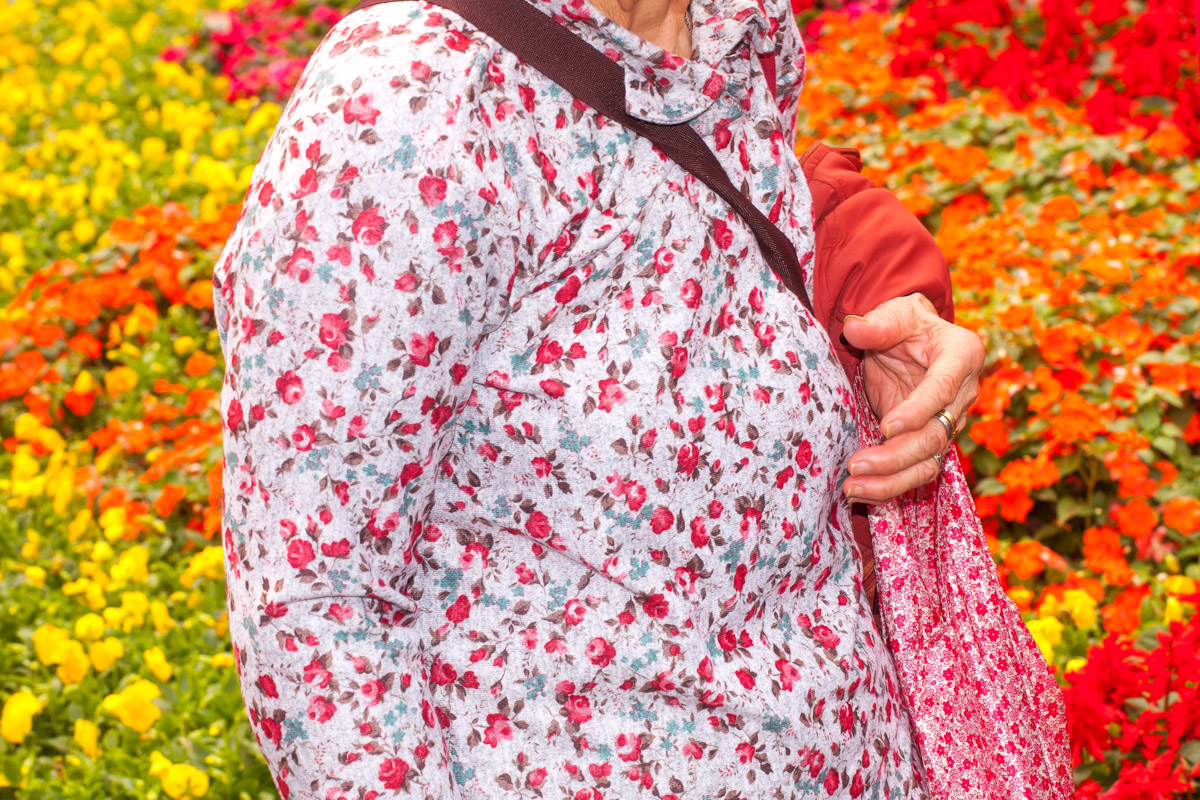
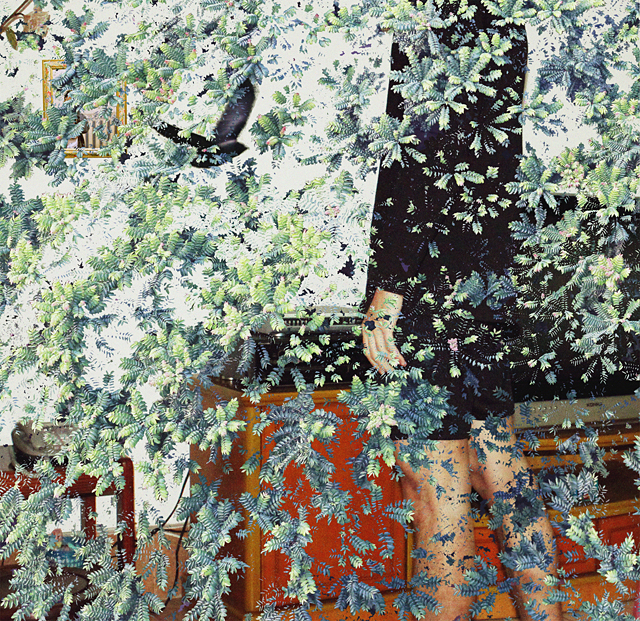

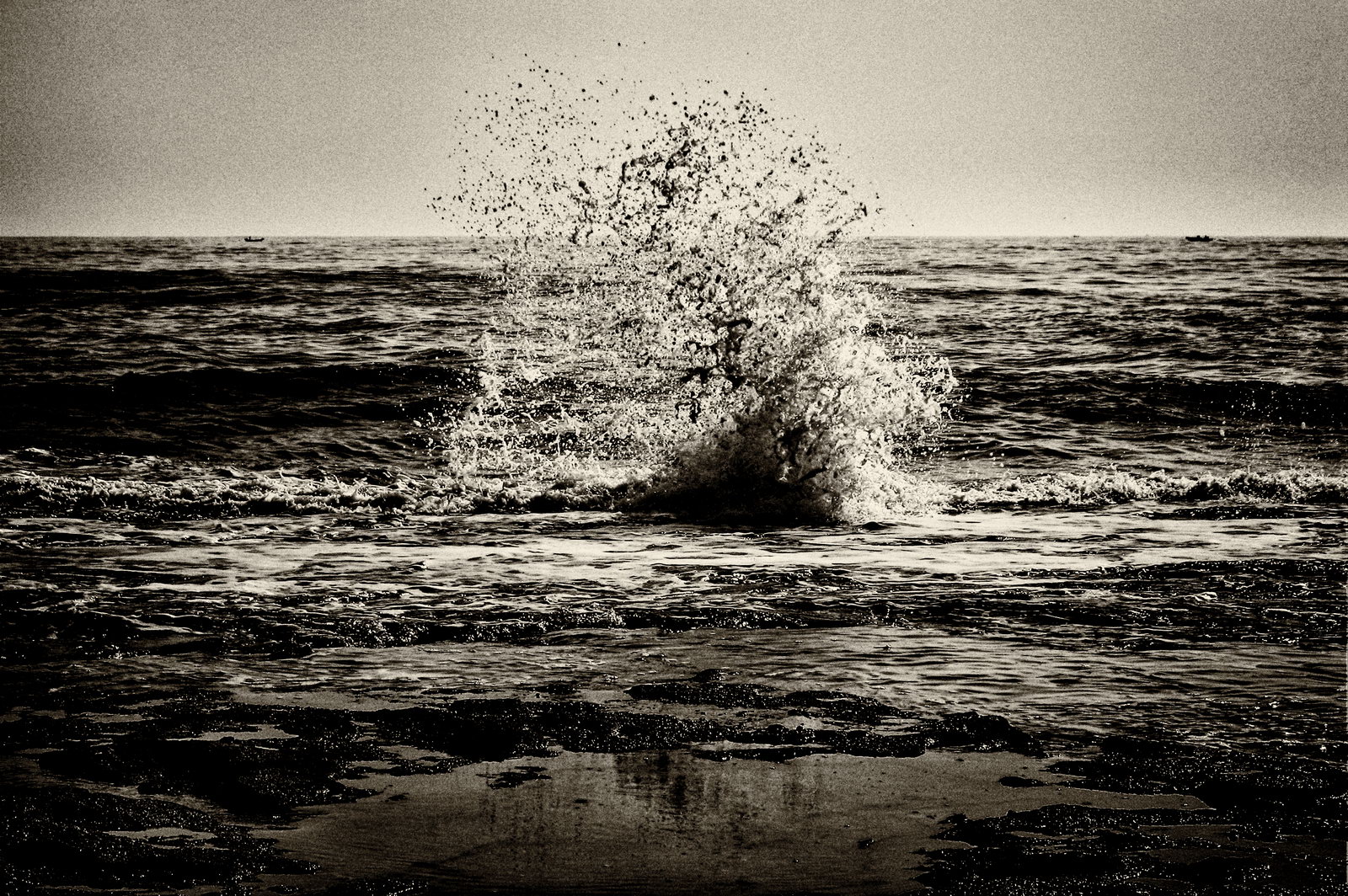
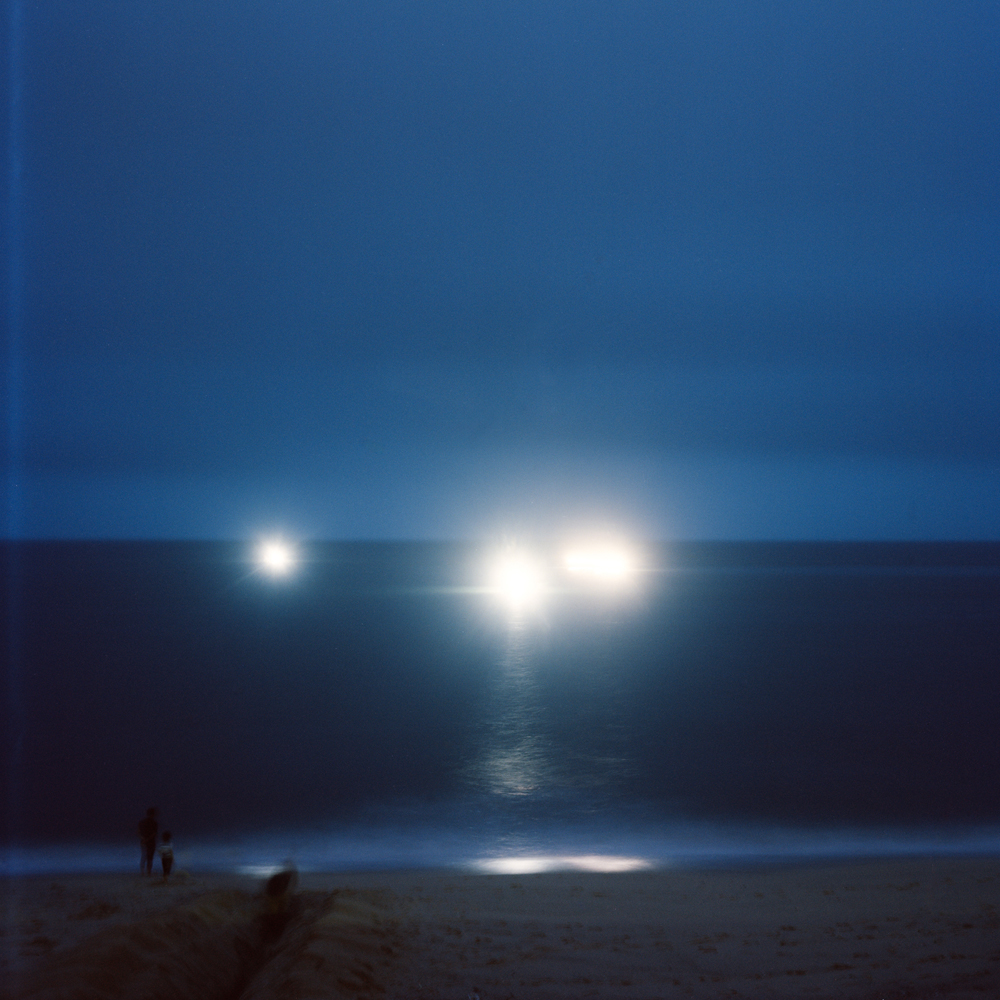
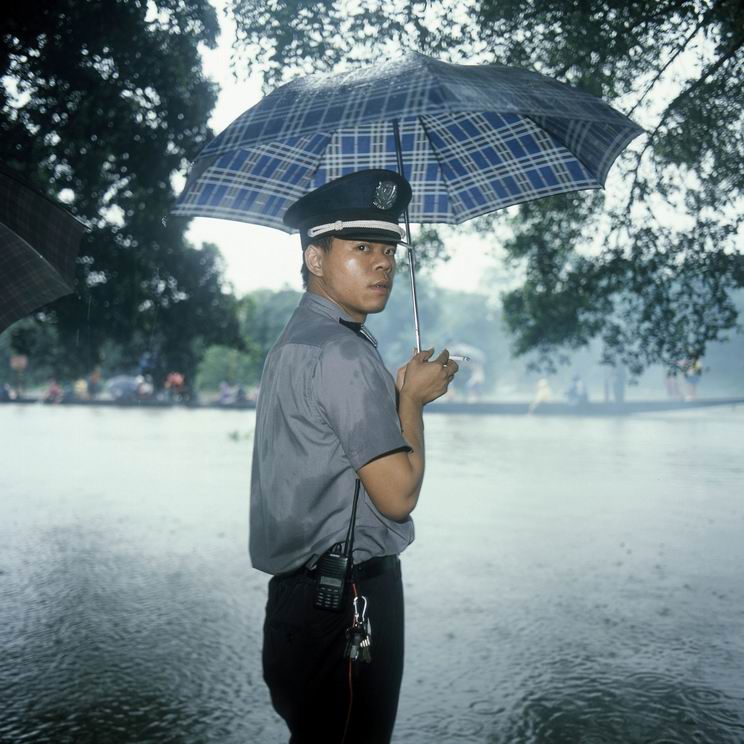
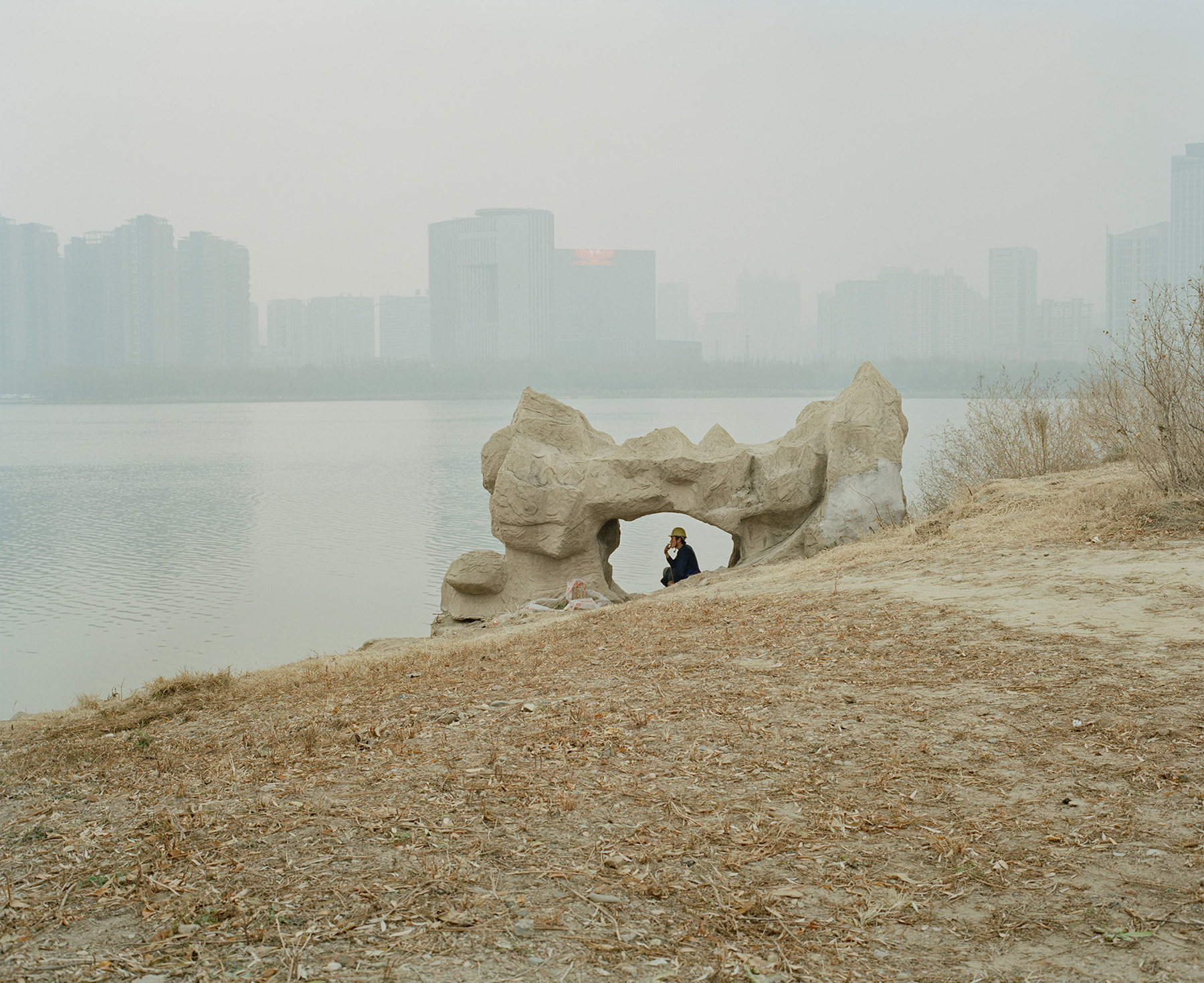

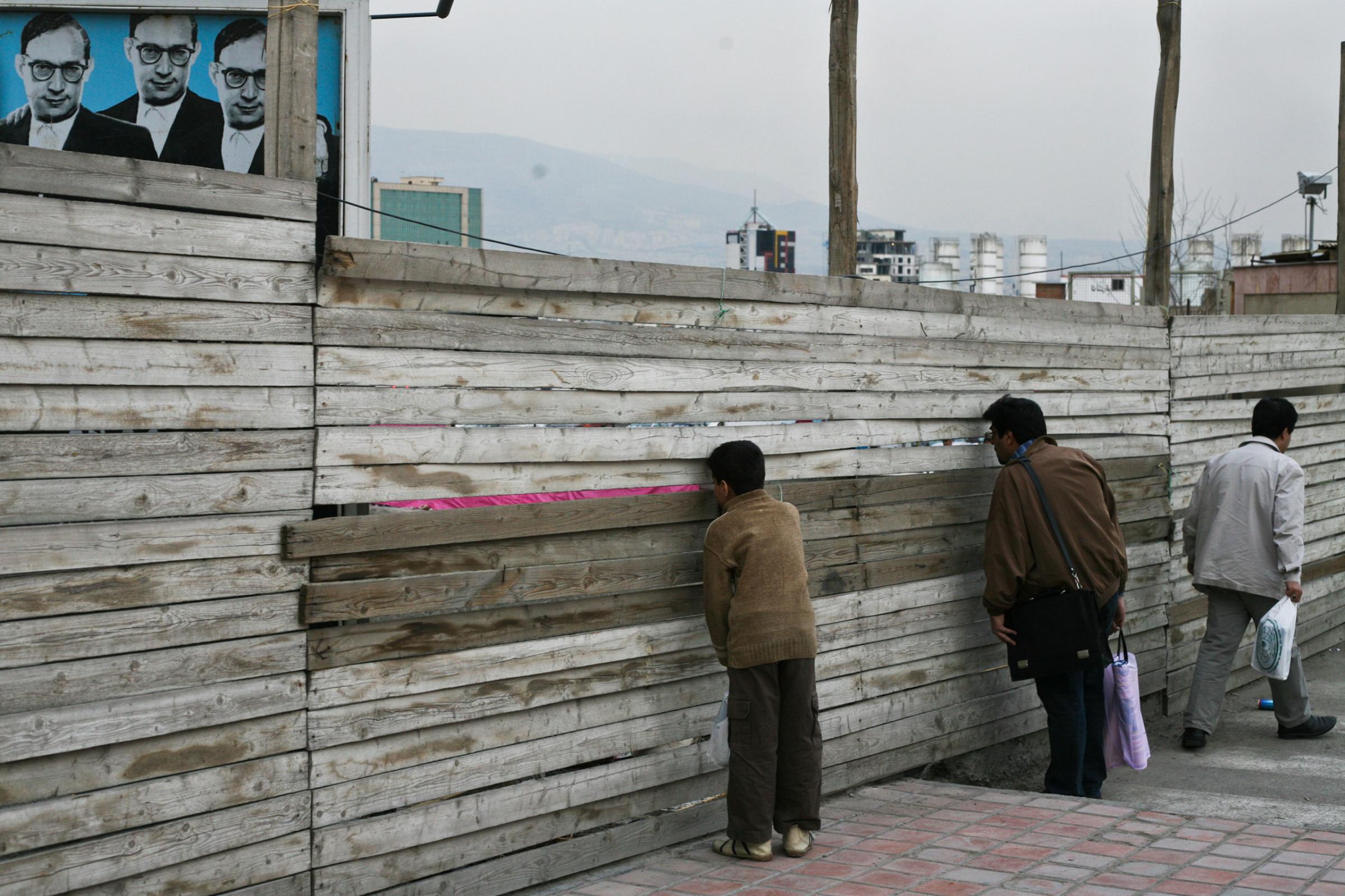
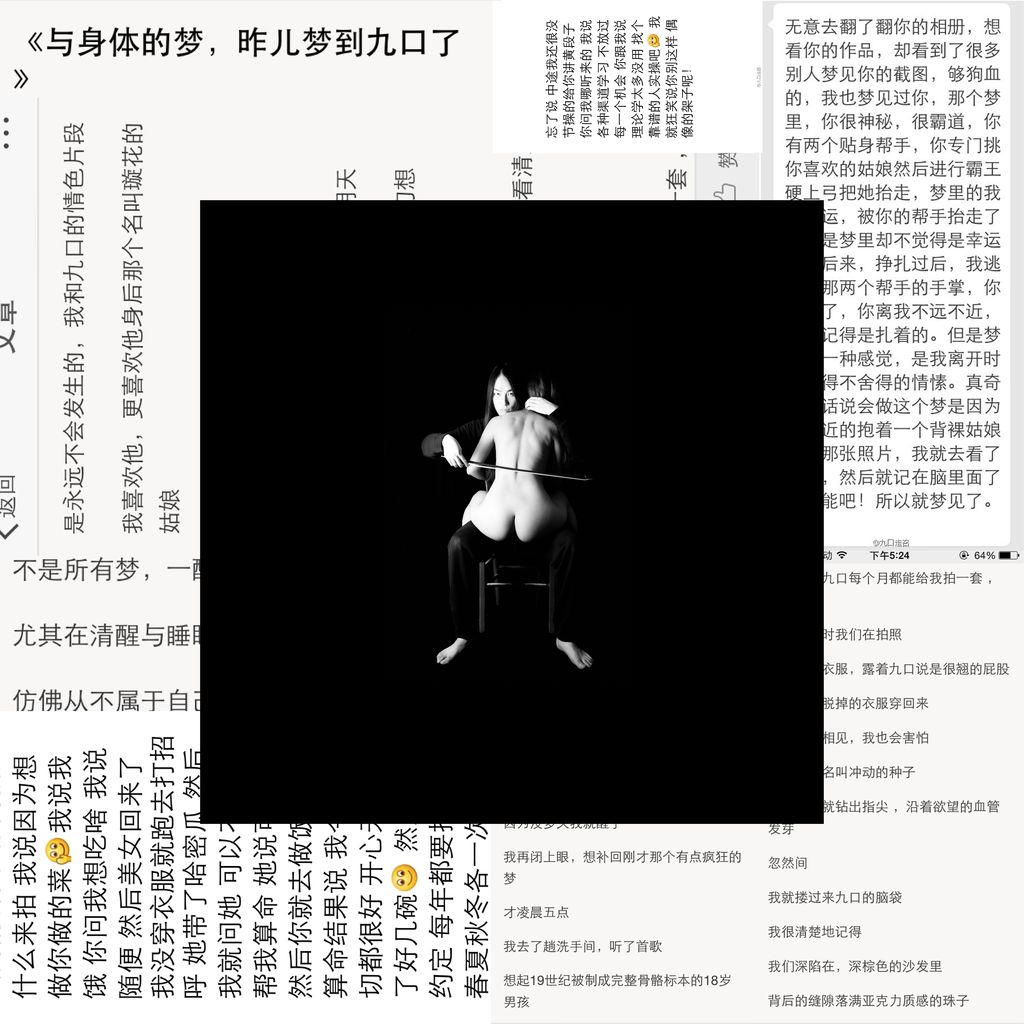
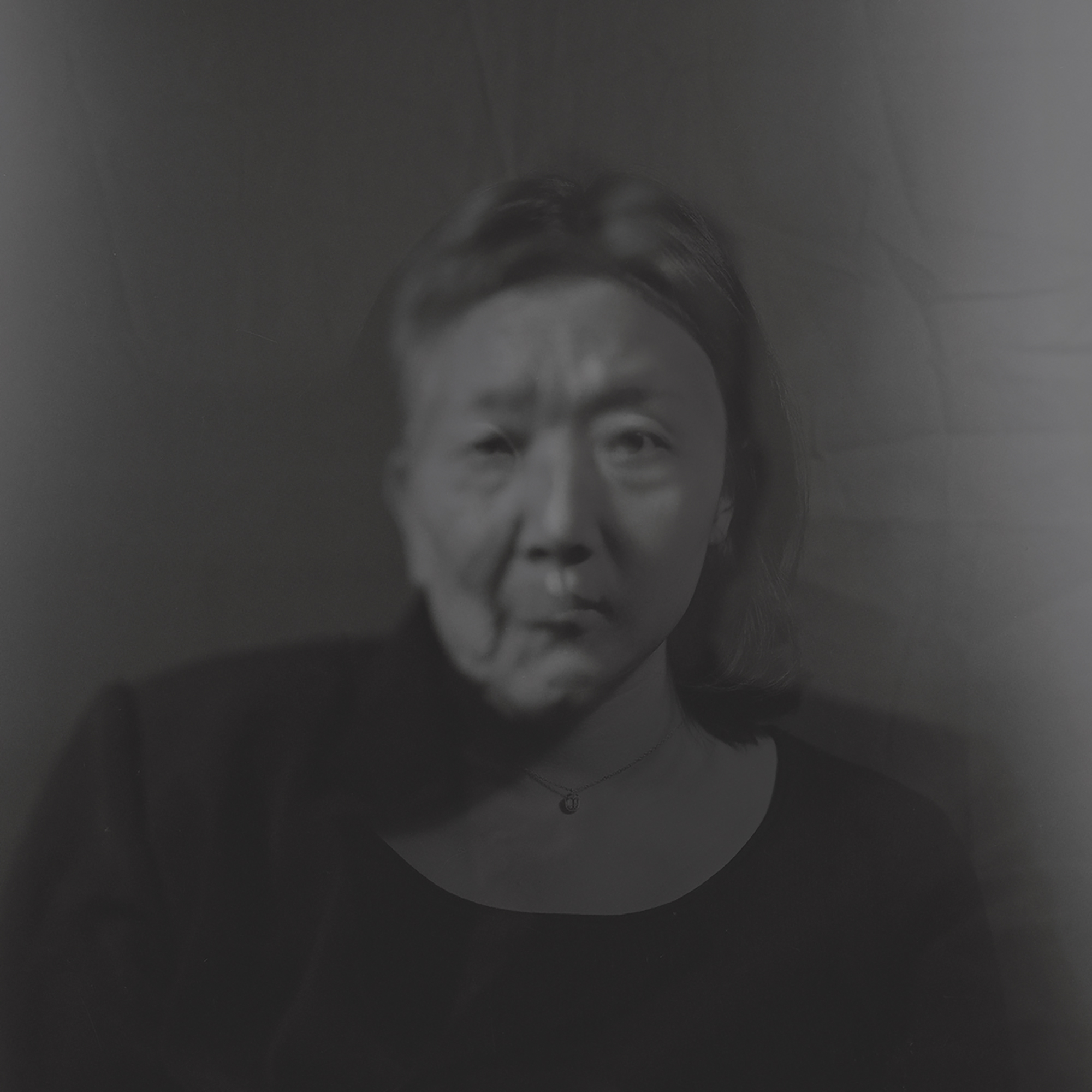
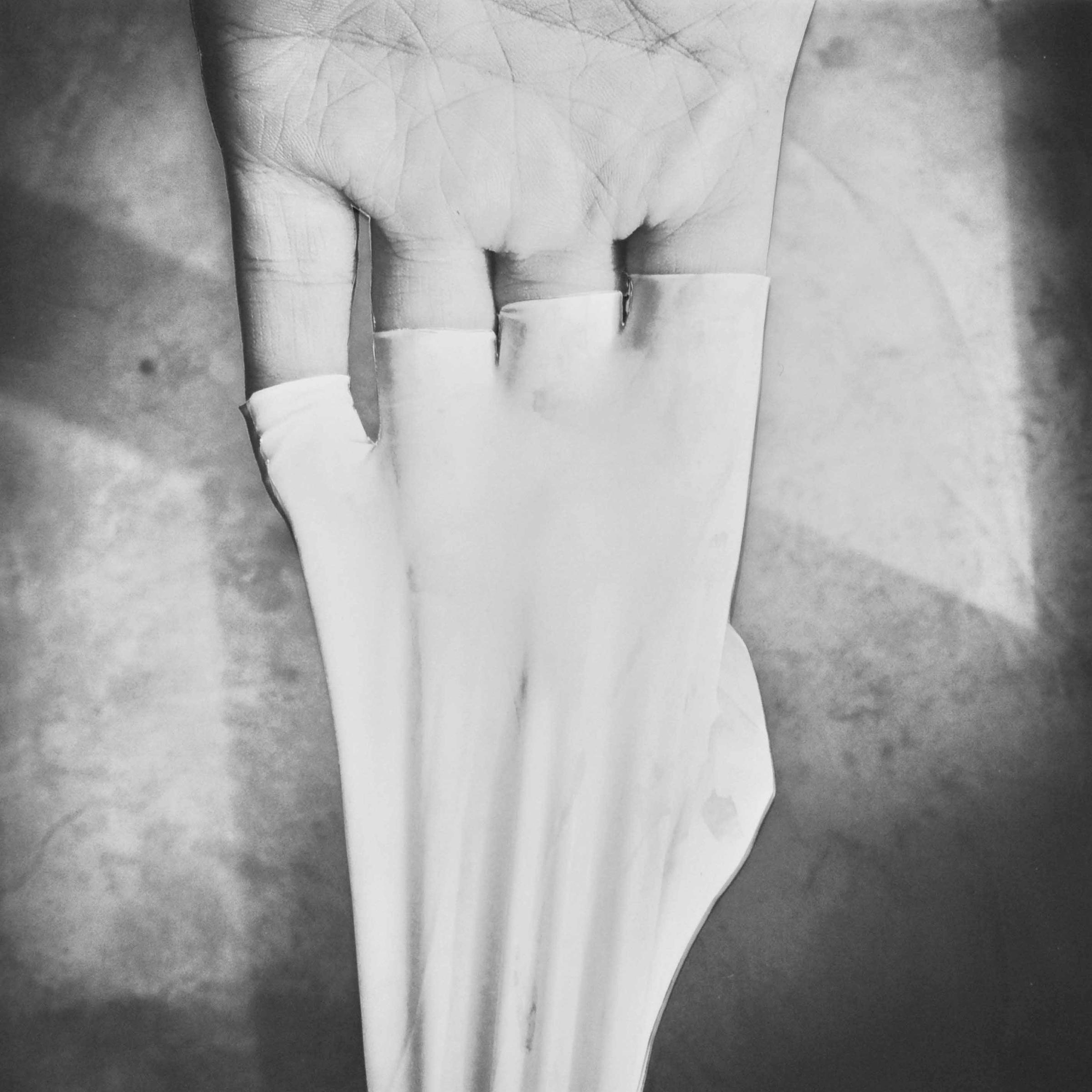
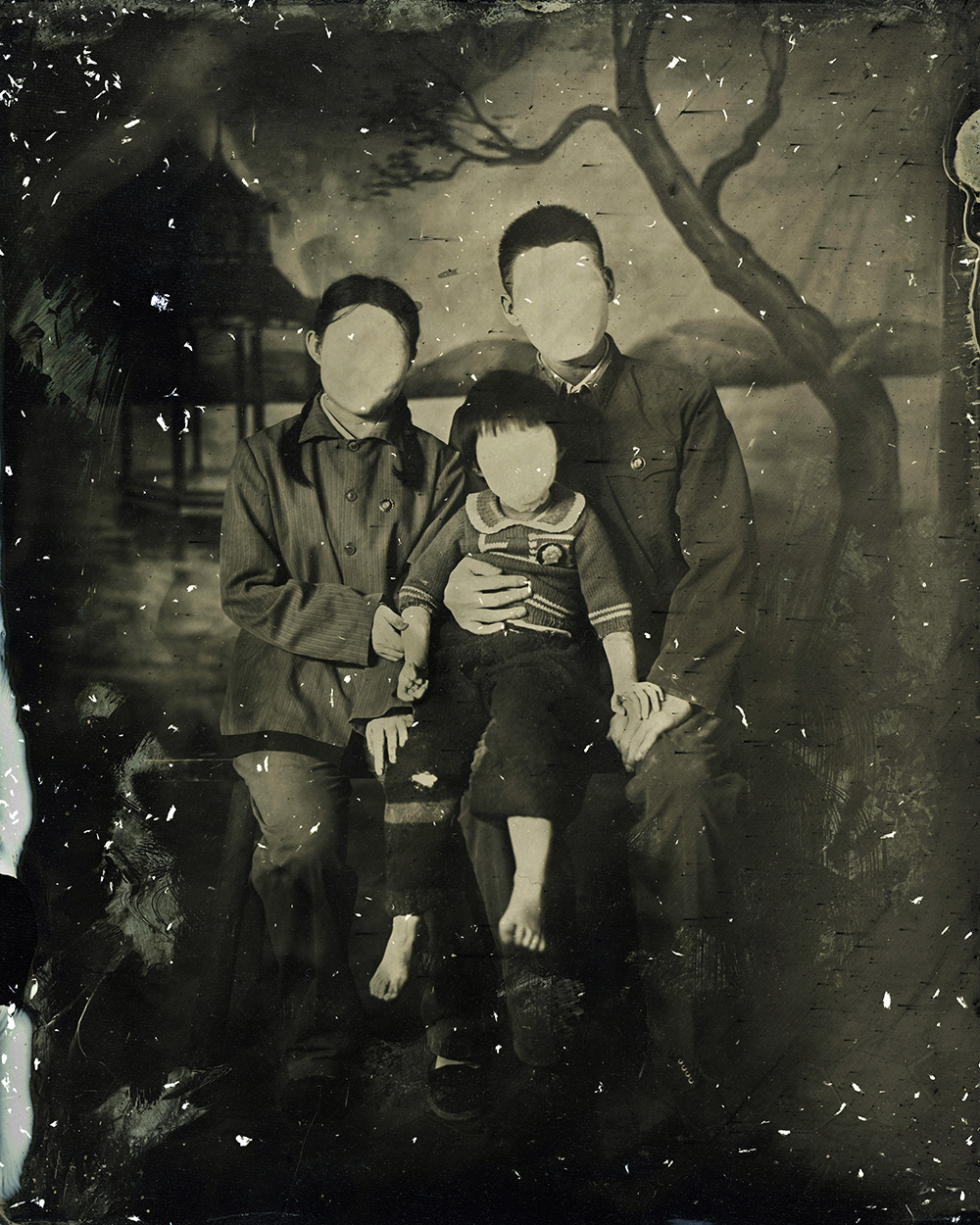

More Must-Reads from TIME
- Cybersecurity Experts Are Sounding the Alarm on DOGE
- Meet the 2025 Women of the Year
- The Harsh Truth About Disability Inclusion
- Why Do More Young Adults Have Cancer?
- Colman Domingo Leads With Radical Love
- How to Get Better at Doing Things Alone
- Michelle Zauner Stares Down the Darkness
Contact us at letters@time.com